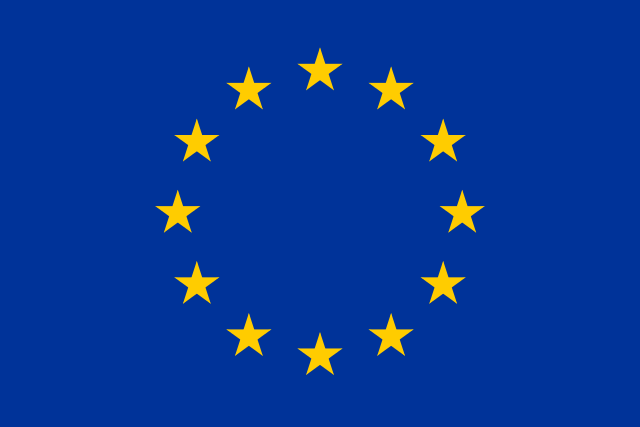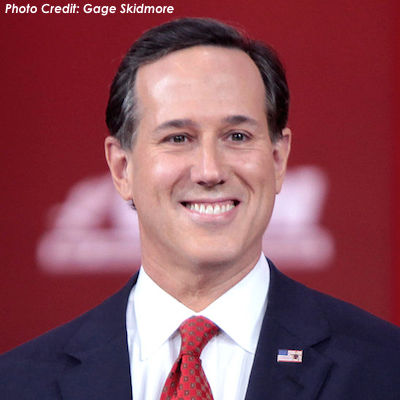The European project was born in the ashes of World War II and its own massive refugee crisis.
Guest Post by Etienne Borocco of France.

On August 28, 2015, 71 corpses were found in a truck at the Austrian border. They were refugees, mainly from Syria. Days later, after the latest ship full of refugees sank in the Mediterranean, images seen worldwide showed the drowned victims, including a small child. All were trying to escape a horrific war, which has reached a death toll greater than 200,000 casualties after a 4-year conflict.
Syrians are not alone, however. There are a lot of refugees from Eritrea, which is sometimes called “Africa’s North Korea.” Or from South Sudan, prey to a merciless civil war. Or from Afghanistan, Somalia, Iraq, and so on…
All these refugees are qualified to a granted asylum because the situation is terrible in their home country. However, they cannot apply to asylum in a European embassy. They must first travel illegally to apply. This trip is dangerous and creates a big opportunity for unscrupulous human traffickers.
The latter can be grateful to the European countries for their flourishing business. The situation on the European side results from an absence of agreement for a common policy to host refugees.
Moreover, the Dublin convention has serious pitfalls. The first Member State where fingerprints are stored or an asylum claim is lodged is responsible for a person’s asylum claim. The countries at the border of the EU are then overwhelmed.
160,000 refugees landed in Greece between January and July 2015, to say nothing of those who came in the previous two years. This figure alone is already comparable to the Irish exodus during the Great Famine in 1847. In that era, 215,000 Irish immigrants fled to the United States.
Recently, Germany decided to not enforce the Dublin regulation anymore. The German government decided to grant asylum to all the Syrian refugees regardless of which country of the Dublin-regulation area they landed in first .
On the other hand, Hungary has recently built a wall at the border with Serbia, and Austria seeks to control its borders more strictly. The whole European project is threatened because governments are tempted to act alone without coordination.
The irony is the European project was born from the ashes of the Second World War. During this period, a lot of refugees fled conflicts. French citizens crossed the borders with Spain, where they were illegal aliens. Francoist Spain used to deport them and a great part was directly delivered to Nazi Germany. They were promised to a certain death.
However, those who managed join the Free Forces participated to the French liberation. In the Netherlands, the “England-Voyagers” (Engelandvaarders) took makeshift boats to cross the North Sea to England. Some famous Dutch resistance members like Erik Hazelhoff Roelfzema were part of the “England-Voyagers”.
London also hosted the central command of the French Resistance directed by General de Gaulle, as well as several other governments-in-exile of Nazi-occupied territories.
Several other countries hosted significant numbers of refugees from Axis countries during the war. Many wartime refugees risked and lost their lives crossing borders or the Mediterranean to flee. When the borders were being redrawn after the Axis surrender in 1945, millions more people were also displaced. It was in this context that the European project began.
Read more








